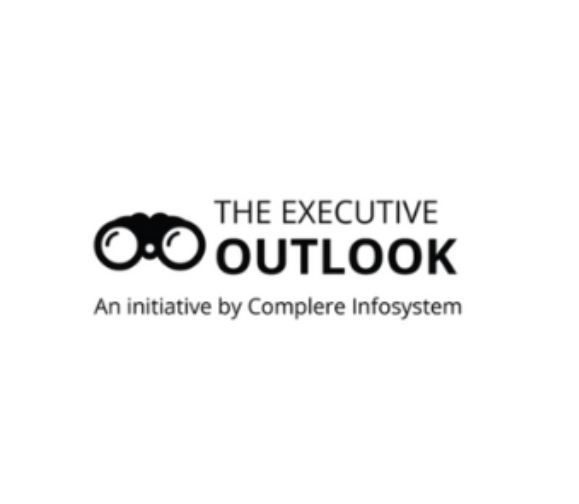In this special edition of The Executive Outlook, we are joined by Malcolm Hawker, Chief Data Officer at Profisee and a recognized expert in master data management and governance. With more than 25 years of experience helping global organizations turn information into a true strategic asset, Malcolm brings not only knowledge but also a perspective shaped by challenges, risks, and bold choices.
Watch the full conversation on YouTube by clicking the link below:
Prefer to listen on the go? Tune in to the full podcast episode on Spotify below:
Editor Bio

I’m Isha Taneja, serving as the Editor-in-Chief at "The Executive Outlook." Here, I interview industry leaders to share their personal opinions and provide valuable insights to the industry. Additionally, I am the CEO of Complere Infosystem, where I work with data to help businesses make smart decisions. Based in India, I leverage the latest technology to transform complex data into simple and actionable insights, ensuring companies utilize their data effectively.
In my free time, I enjoy writing blog posts to share my knowledge, aiming to make complex topics easy to understand for everyone.





